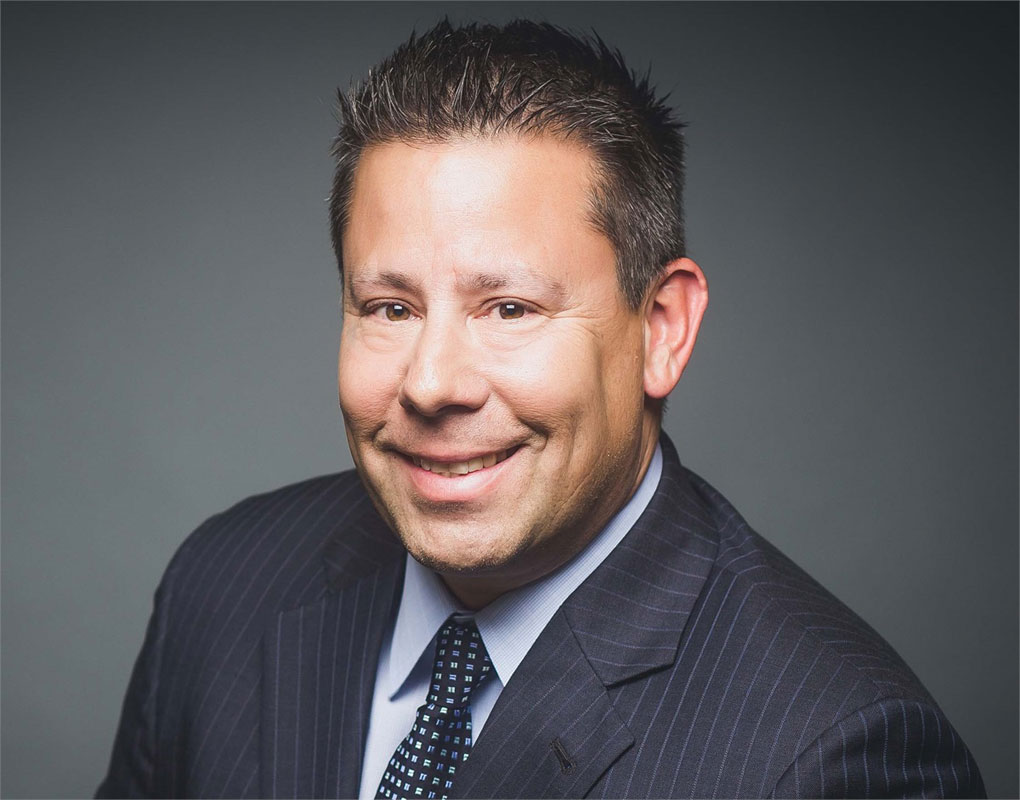Well the wedding was wonderful and the bride was beautiful. Off she, now they, flew to the only part of the Caribbean not devastated by hurricanes this year, and it was over. All of us left behind breathed, I think for the first time in months, as we rested and decompressed.
Now I understand why they make movies about being the father of the bride. It is an intense and unique experience. Happy, sad, expensive and fun all at the same time.
But then, after only a week, she came back. Three days later here comes the text. Dad “I reworked our budget (of course she did) and figured out we could have enough money saved up for a house by the time our lease is up. How much do you think we will need?”
My answer is extremely conservative, very firm, and very much based upon experience doing planning for hundreds of families.
My rules on buying a house are that I think a house is best purchased with 20 percent down, and I believe the purchaser must come through the transaction with enough remaining access to liquid funds (non-retirement savings) equal to at least three months of household expenses.
Buying a home is a big deal. I’ve often observed young adults rushing into home ownership because it is perceived as a sign of adulthood or as a symbol of financial responsibility. While both can be true, in my opinion, a home should be purchased only after very deliberate consideration of both the transaction itself and other available alternatives.
The 20 percent rule is because this is the typical level of equity required by mortgage lenders to avoid having to pay for private mortgage insurance or PMI. PMI, if required by the lender, typically costs about 1 percent of the mortgage value each year, which of course can be quite expensive.
But beyond PMI, I’ve also observed when prospective new homeowners attempt to buy a home with less than 20 percent down is when they can start to get into trouble with alternative, sometimes sub-prime, loan structures which are hard to understand and can lead to trouble down the road, especially as we go into a rising interest rate environment.
As a planner I can also say if a family can’t afford to save the money for an adequate down payment, then the family probably can’t afford to own a home. Homeowners know all too well that mortgage payments and property taxes are only the tips of the iceberg of the expenses of home ownership, and as proof, I offer my Menards BIG card account, which is rarely free of a zero percent promotional balance.
My second rule, that after the home is purchased the family should have at least three months of expenses left saved in the bank, comes from along the same lines.
I call this the old couch in a new house rule. Regardless of any claims to the contrary, a whole industry knows when a family buys a home it is soon followed by shopping, lots and lots of shopping.
The three months of expenses rule is there to help make sure the new homeowner can endure this consumption binge as they will surely be signing up for some new zero percent promotional cards of their own.


